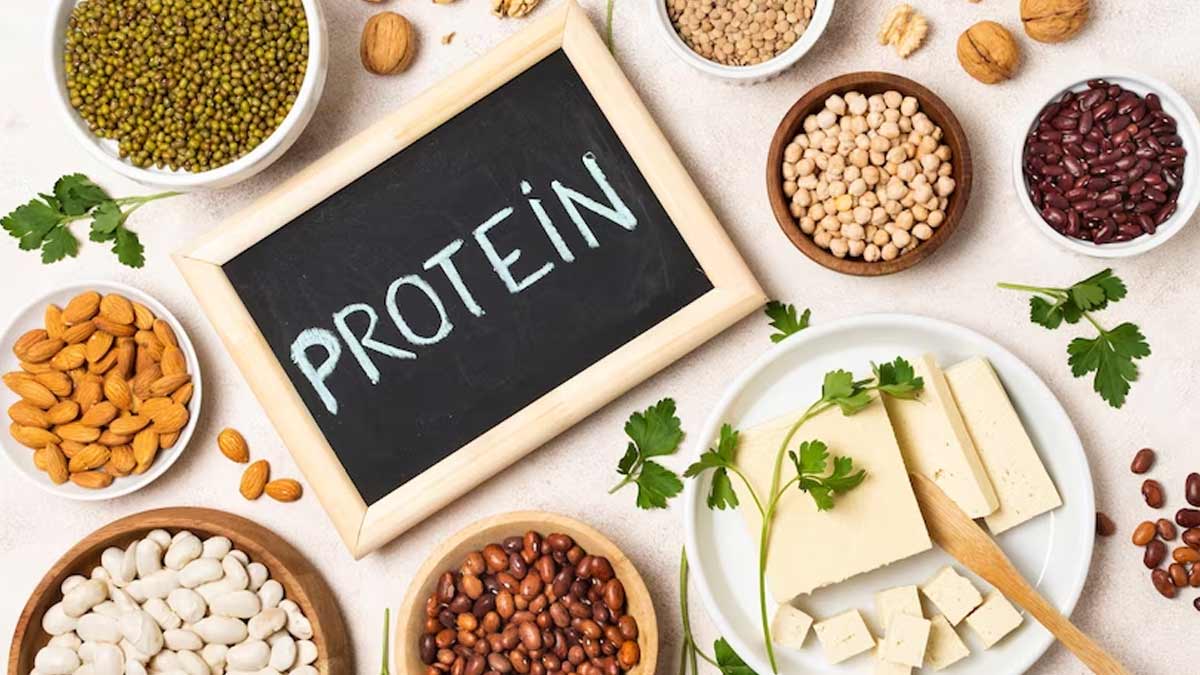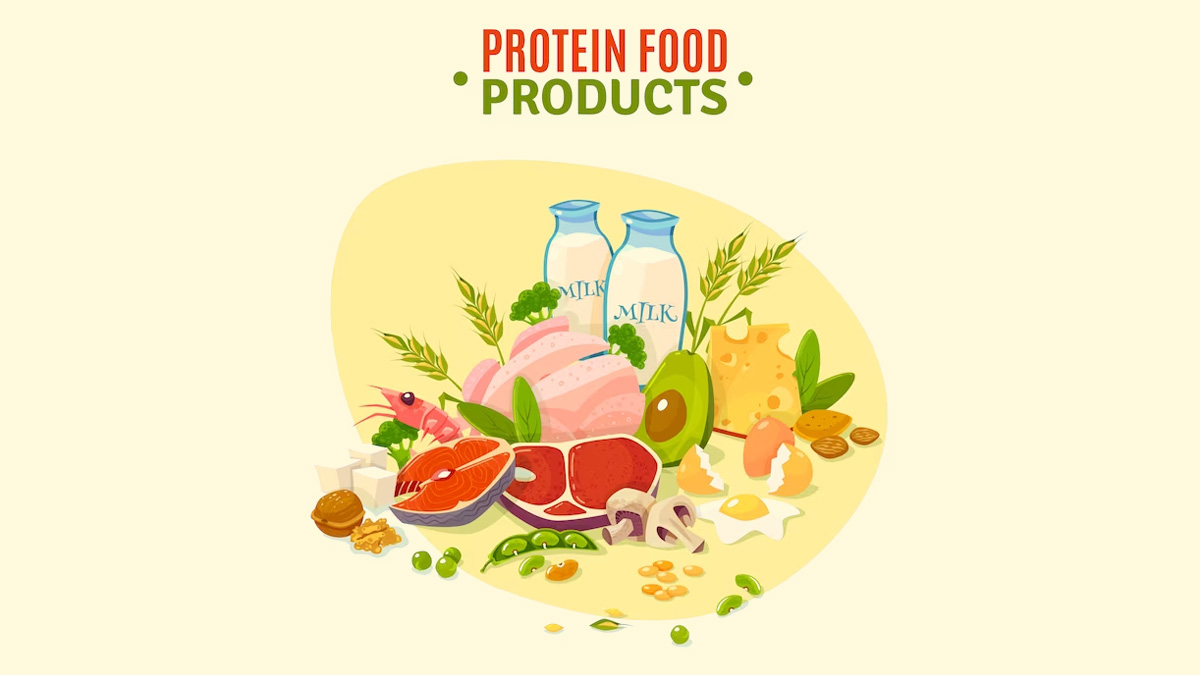
Protein is a vital building element for the human body, and it plays an important part in a variety of physiological tasks. Many people, however, may be unaware of the symptoms of a protein deficit. Recognising these early warning signs is critical for general health and well-being. Here are eight early warning indications that you may be suffering from a protein deficiency.
Table of Content:-
Muscle Weakness and Fatigue
One of the primary functions of protein is to support muscle health. If you find yourself experiencing unexplained muscle weakness, fatigue, or a general sense of lethargy, it could be a signal that your body lacks an adequate supply of protein.

Hair Thinning and Loss
Proteins are vital for the growth and maintenance of hair. Insufficient protein intake may lead to hair thinning and loss. If you notice a significant change in the texture and volume of your hair, it's worth considering whether your protein intake is adequate.
Also read: Managing Hair Fall: DIY Methi And Onion Hair Mask To Say Goodbye To Hair Fall
Brittle Nails
Protein deficiency can manifest in the form of brittle and easily breakable nails. Healthy nails require a balance of nutrients, including protein, to maintain their strength and integrity. If your nails are prone to breaking or peeling, it could be a sign of inadequate protein levels.

Edema or Swelling
Proteins help regulate fluid balance in the body. If you experience unexplained swelling, particularly in the hands, feet, or ankles, it may indicate an imbalance in protein levels. Edema occurs when there is an accumulation of fluid in the tissues.
Frequent Infections
Proteins are essential for a robust immune system. If you find yourself falling ill frequently or taking longer to recover from common infections, it could be a sign that your body lacks the necessary proteins to support a strong immune response.
Difficulty Concentrating
Proteins play a role in the synthesis of neurotransmitters, which are crucial for cognitive function. A deficiency in protein may lead to difficulty concentrating, memory lapses, and mental fatigue. If you notice a decline in your cognitive abilities, consider evaluating your protein intake.
Changes in Skin Health
Proteins contribute to the maintenance of skin elasticity and repair. A lack of protein can result in dry, flaky skin, and may even contribute to the development of skin conditions. If you observe significant changes in your skin health, it's worth investigating your protein consumption.
Also read: Lupus: Why This Autoimmune Disease Causes Hair Loss
Delayed Wound Healing
Proteins are essential for the repair and regeneration of tissues, including those involved in wound healing. If you notice that your wounds are taking longer than usual to heal, it may be an indication of inadequate protein levels.
Recognising the initial signs of protein deficiency is crucial for taking proactive steps towards better nutrition. If you identify with any of these indicators, it's advisable to consult with a doctor or a registered dietitian to assess your dietary habits and explore appropriate strategies to ensure an adequate protein intake for optimal health. Remember, maintaining a well-balanced diet is key to supporting the body's need for essential nutrients, including protein.
Also watch this video
How we keep this article up to date:
We work with experts and keep a close eye on the latest in health and wellness. Whenever there is a new research or helpful information, we update our articles with accurate and useful advice.
Current Version